Pursuing a life-style of education forms the backbone for a beautiful philosophy of education! Developing your own philosophy of education is a process and one that should be approached with thoughtfulness and care. So today I am excited to lay out the rationale behind my philosophy of education that guides how we approach learning and life in our home. I love learning about learning. And even as I am moving into launch mode with my boys my philosophy of education remains largely the same and has shaped a beautiful life that has shaped this short season of childhood and Lord-willing will continue to follow them out into adulthood. I really love hearing about how different people approach education! It is fascinating to discover what makes people tick, why they make the decisions they make. It always inspires me to continue to think through my philosophy and approach. In our home the emphasis is on the process of actively learning instead of merely receiving teaching. We are all participants in the learning process and God designed us to be curious and always learning more!
But how do we do that? What shapes my thinking and approach to education:
1. A Lifestyle of Learning
We don’t ‘do school’ at home. My desire is to create a home where we learn. While there is a time and place for ‘seat work’ and that grows as our children move into the teen years, the emphasis in our home is exploring, experiencing and reading great literature. I encourage dialogue and discovery. The learning never stops. As we watch a movie, we actively engage – pulling out the globe to find locations referenced or exploring questions that crop up afterwards. Our family vacations are really family field trips. There is something so satisfying about learning and discovering together as a family. Which brings me to my next point…
2. Lighting a Fire vs. Filling a Bucket
There are two competing philosophies of education out there that both seem to be fairly prevalent these days. One implies that children are blank slates or empty buckets just waiting for someone to pour information into their minds. Oftentimes, especially in the early years, they tend to emphasize memorization {with no understanding}. The idea here is that understanding will happen later.
The other philosophy approaches education as the idea of lighting a fire. I fall into this camp. I believe God gave each of our children a generous dose of inborn curiosity that causes them to want to explore and understand the world around them. I believe in drawing our children into the learning process in concrete, relatable ways. I believe in allowing them to observe and delight in the world around them, encouraging their questions and then embarking on the road to discovering the answers. This, oh this, is what makes learning so delightful. As we encourage their inborn desire to learn and equip them to satisfy this curiosity, they are going to be set for a life-long adventure of learning! Memorization certainly has a place in our home, but not outside the context of understanding. I prefer to give them mental ‘hooks’ of understanding whereupon to hang new pieces of information so that they can not only be cemented into long-term memory, but also easily retrievable.
3. Deep vs. Wide
Another two divergent educational philosophies center around whether or not to delve DEEP into a topic or doing a WIDE sweep over a broad expanse of information. While I believe there is a time and a place for both {and we utilize both}, I prefer to study something in depth. It is so enjoyable to delve deep into a topic and experience it from many different angles. I enjoyed some of the survey courses that I took in college, but part of why I enjoyed them so much is because it built on the knowledge I had acquired through DEEP study. So again, especially in these elementary years, we focus on going deep into a topic at hand. For us we tie these deep studies into the larger framework of history or science via our timeline. We use our timeline to compare the overlap of science discoveries with key world events and to get a feel for the overall flow of history w/out having to be confined by a broad, chronological approach.
4. Family Learning Model/ Multi-Level Learning
Everyone engages in the learning process – from the baby all the way up to mom and dad! Aside from math, phonics/language arts EVERYTHING else we do is multi-level. We all learn about the same subject. I’ve heard of this style of learning being described as a train where the little one’s just hop off sooner than the older ones – but everyone is headed in a common direction. I aim for my oldest and everyone on down gets something right at their level. With my preschoolers, they’ve participated with the hands-on activities and much of our reading time. But the older ones will do more writing, analysis, etc… I love this approach because it is easier for me than managing different sets of textbooks or hands-on activities for each child. But more than that, it brings us together as a family. We have great discussions during mealtimes when we are all drawn into the same learning adventure!
5. Movement & Experience Rich
As you all know, I’m a big advocate of hands-on, experience rich approaches to education. We not only like to read about a topic, but experience it – either through dramatization, field trips that relate DIRECTLY to what we are learning about or simply sensory rich approaches like writing out spelling words in shaving cream, marching around the dinner table to memorize our multiplication tables, etc.
{It means embracing discovery learning and giving them the opportunity to work through ‘failure’}
6. Literature Rich
Oh the beauty and power of books. We spend a good deal of time delving deep into great literature or interesting books on a topic. Rather than stick primarily to textbooks, we prefer to learn through the power of story, biography or books written by passionate experts in their field of study. The combination of lots of time spent reading with rich, related experiences is not only immensely enjoyable, but a powerful way to learn and retain that knowledge in the long-run!
7. Developmentally Appropriate
There is a season for everything. I’ve read extensively about the benefits of respecting and embracing our child’s unique states of development. As a parent, sometimes that is harder to put into practice. We tend to always have a ‘grass is greener’ mentality and eagerly anticipate the next stage. The downer with that is that we miss the beauty of THIS short-lived season and sometimes short-change our kids by giving them something or pushing a skill before they can enjoy or understand it fully. The preschool and kindergarten years are an excellent example of that. A child’s brain in the first 6-7 years of life functions far differently than an older child or adult’s brains. They are a ‘different kind of brainy.’ Once we learn to appreciate how process-oriented their little brains are and how to maximize the potential of that season, we stop stressing about the ABC’s and 1,2,3’s in the early years and naturally give them what will really give them a head-start!
8. Adaptable
One of the perks of homeschooling is that we are not bound to the ‘cookie-cutter’ one-sized fits all approach to education. We have the ability to view our child as an individual with unique talents, struggles and personality. But it can be easy to slip into comparing our child with another homeschool child’s progress, comparing how we homeschool with another family, or even comparing one child’s progress with a sibling. We need to fight this and embrace the idea of adapting to our children’s unique bent and our families unique needs and style. One of your child may start reading when they are 4 and another not until they are 10. One may speed ahead in math, but struggle with writing… We can embrace their strengths and gently work on their weaknesses. The adaptable mom resists the urge to compare. While I know this intellectually, sometimes I still forget and need fresh reminders to view each of my children as unique!
9. Discipleship focus
At it’s core, our approach to life is discipleship focused. As Christians, we are charged to go and make disciples. The family is the perfect place to live out this 24-7 kind of discipleship as we raise our children to love God fully and love others as a reflection of how God loves us. Our children get a front row seat to view how a believer {that’s you and me} handle disappointment, hurt, frustration, temptation and seeking forgiveness/restoration when we mess up. It is this kind of everyday discipleship that makes such a powerful impact.
10. Holy Spirit Led
I hinted at this before, but oh this is HUGE! I want what is best for my children, for our family. I want to walk out what God wants for our family. How does that look? We are called to walk boldly in faith, knowing that He will lead us every step of the way. I research like crazy, but before implementing anything, I stop and pray. Is this, even this VERY good thing, what God wants for my family right now. As we seek, as we ask… He is ever faithful to lead. And that is the best place to be.
Related posts:
10 Books that Inspire a Lifestyle of Learning
Motivation: No One Size Fits All Solution
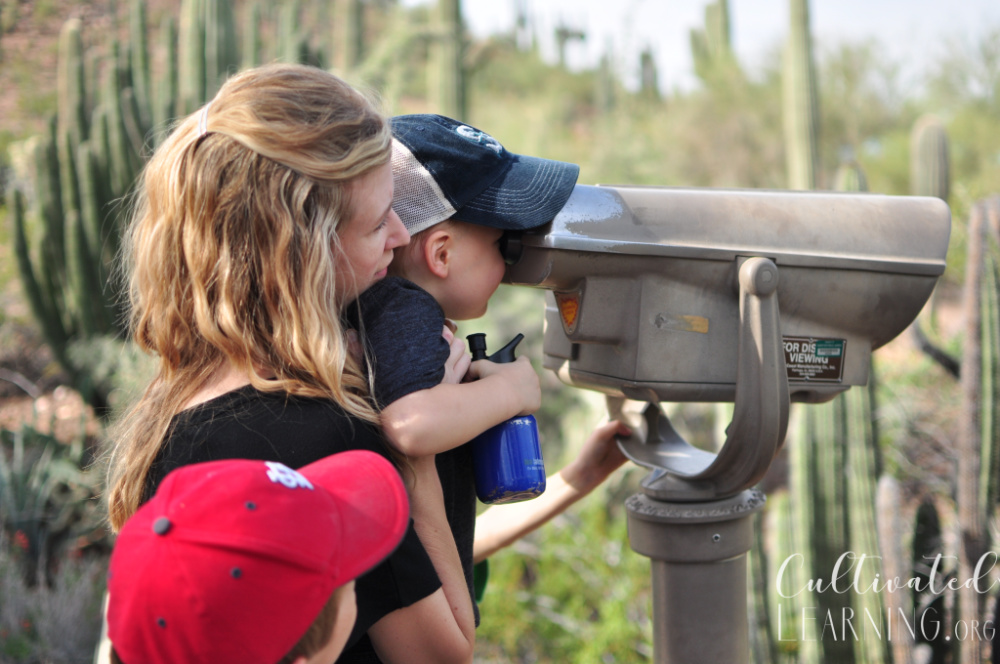
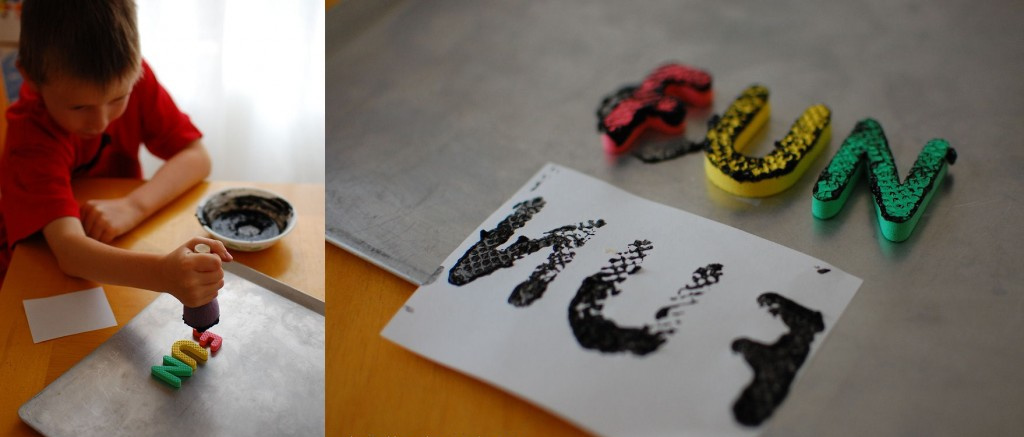
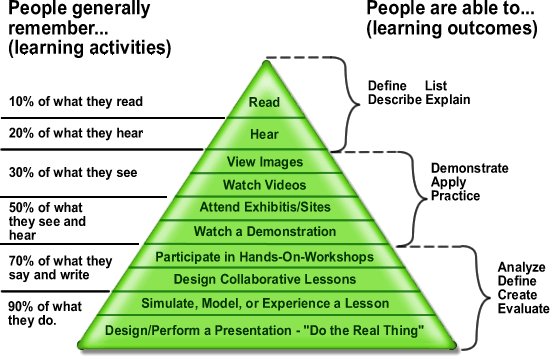
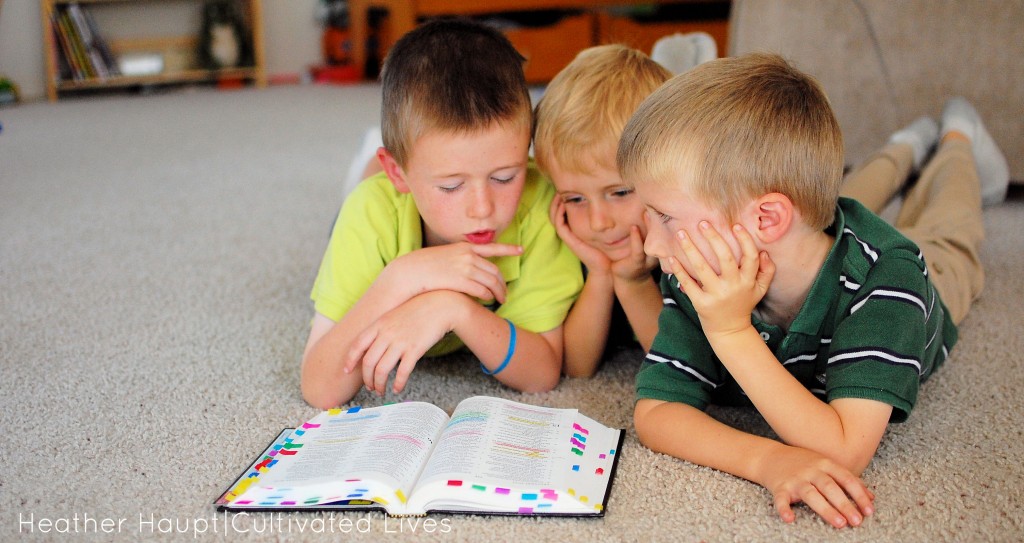

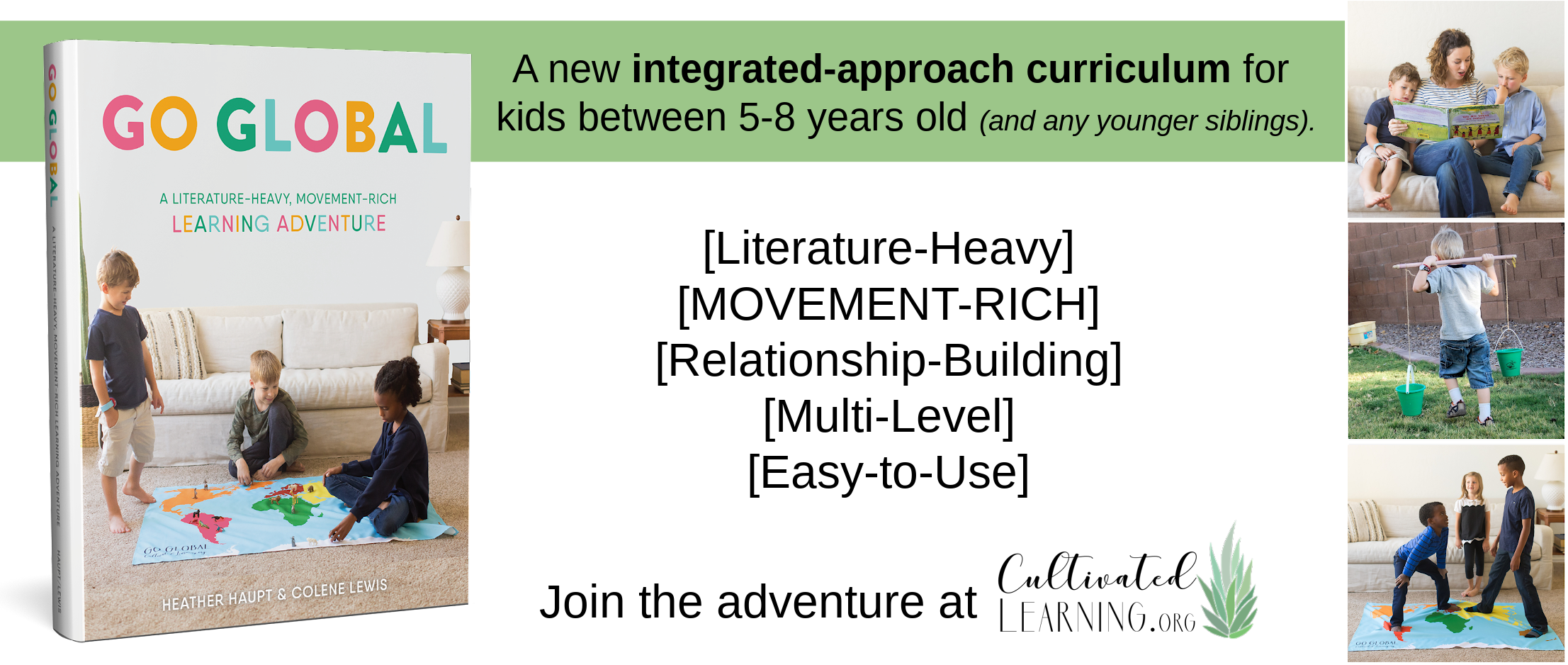
Superb. This is surely what I want to do, but haven’t been so successful so far. Will try harder.
Hi Heather,
I’ve stumbled upon your blog through another favourite one. So inspired!
This post, besides other great ideas, is a great reminder to me to PRAY before I think of introducing a new great thing to my kids. Thank you!
I love how we find things in this big wide web out there! Enjoyed looking over your blog and love the 3 boys that we have in common!
Great end-of-the-year inspiration for me as I pray about what to do for next year. I often get caught in the rut of feeling like I need to cover a wide range of topics when they learn so much more when we go deep. Thought you might like this site, if you haven’t see it before. It’s not necessarily Christian, but it’s very “up your alley” 🙂
http://www.courageousbeings.com/start.html#
Oh that site was interesting, Heather.
Beautifully put! And like the pp’s, very much how I plan to school. <3
Wonderful list and philosophy, Heather. I agree with every single well-written bit of it.
Awesome article! Thank you for sharing!
You definitely school following the same style we do.
Absolutely! I love the “lighting a fire” vs “filling a bucket” analogy. Thanks for sharing.
A huge big YES! I echo so much of what you’ve written…blessings into a new school year!